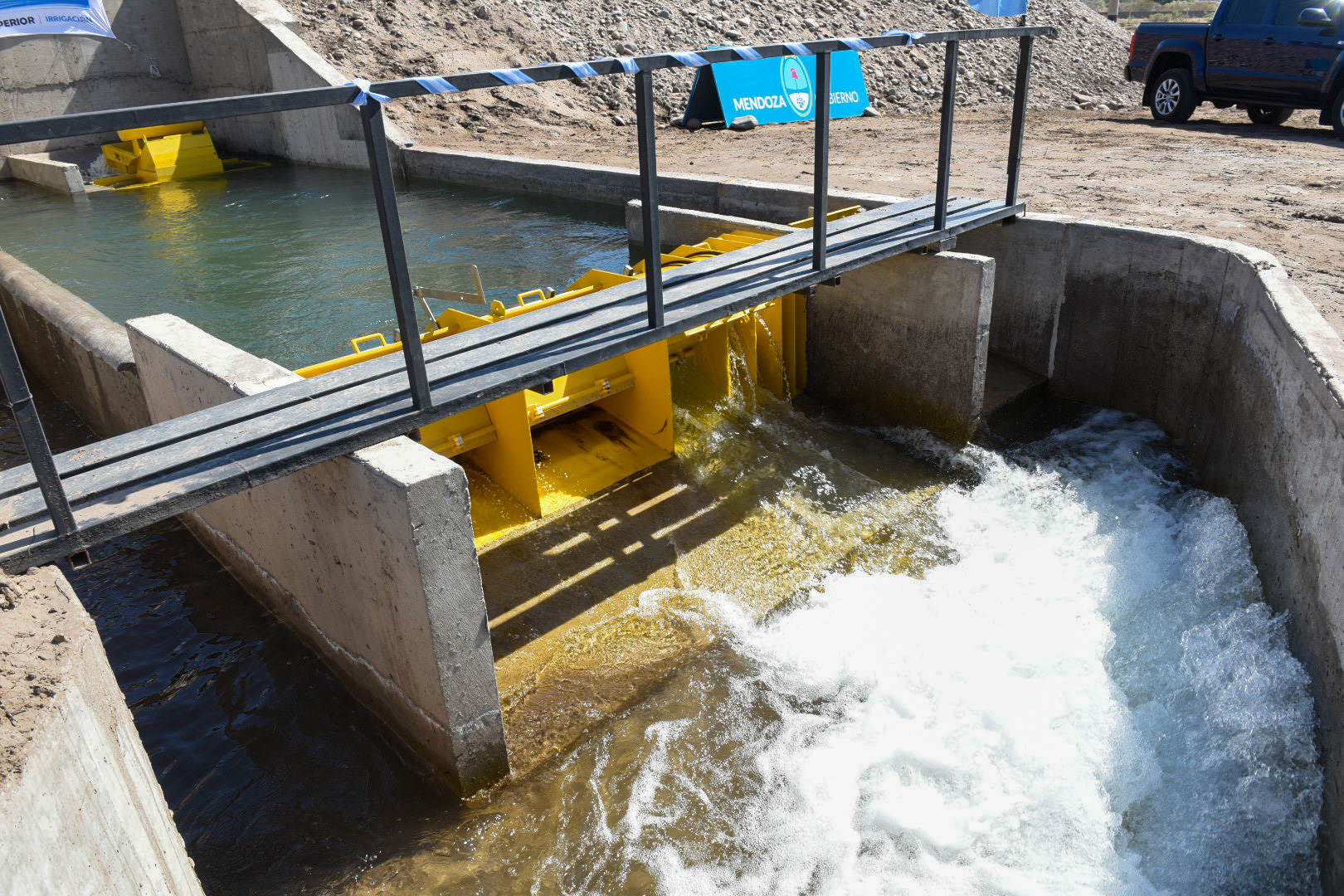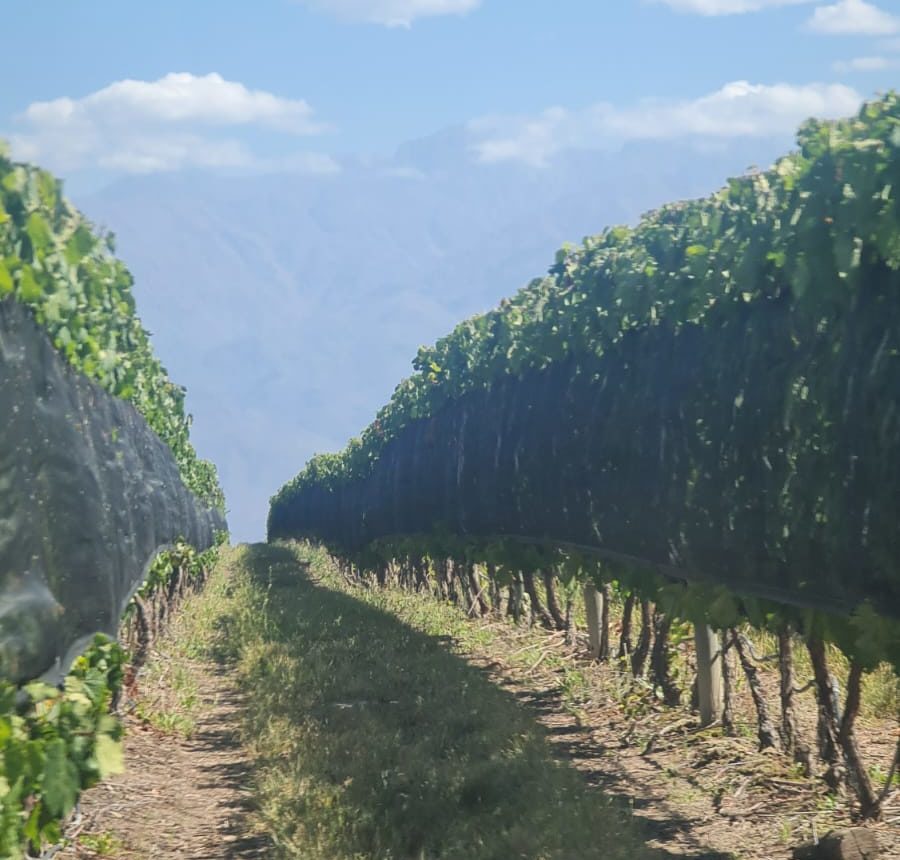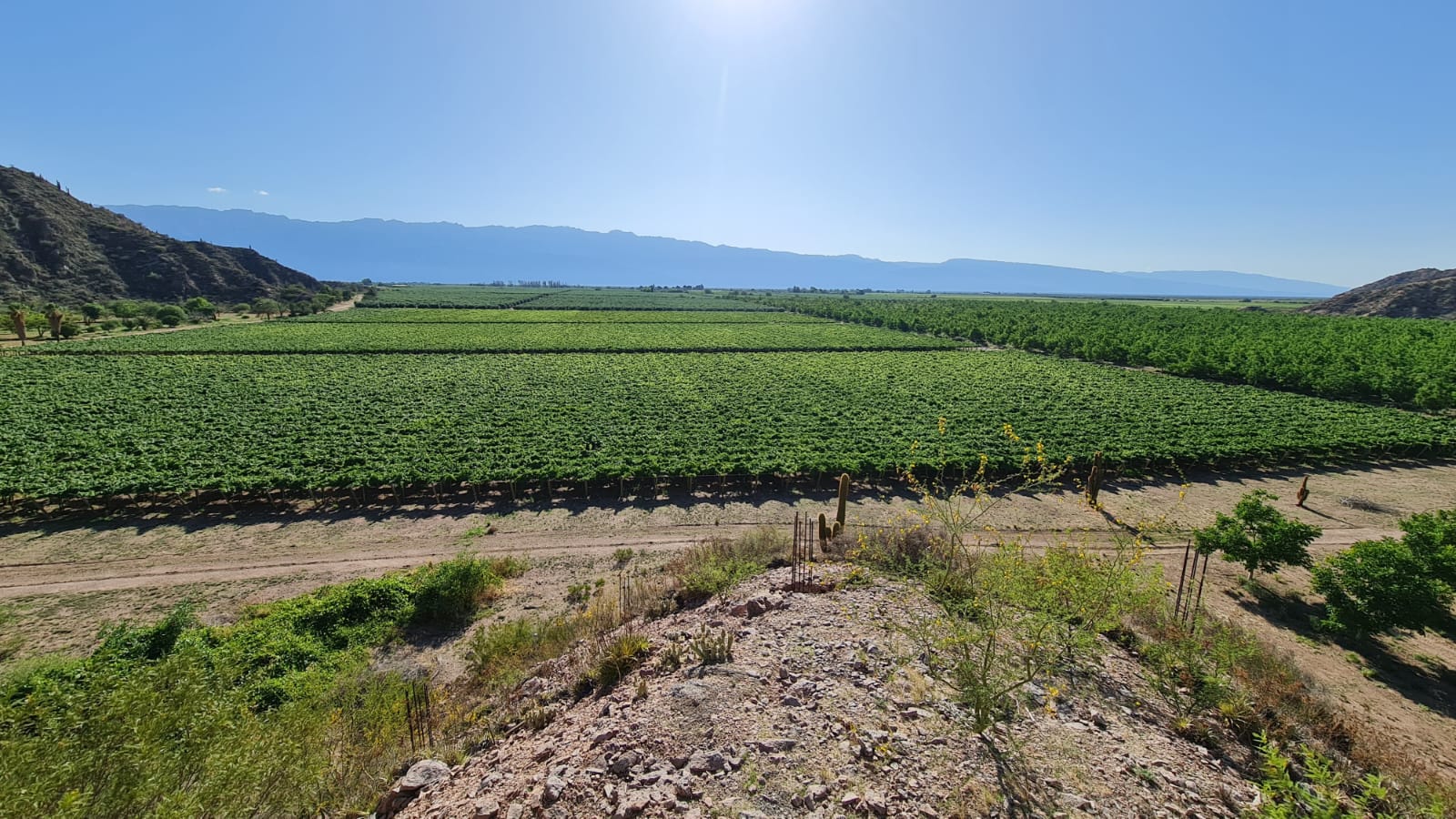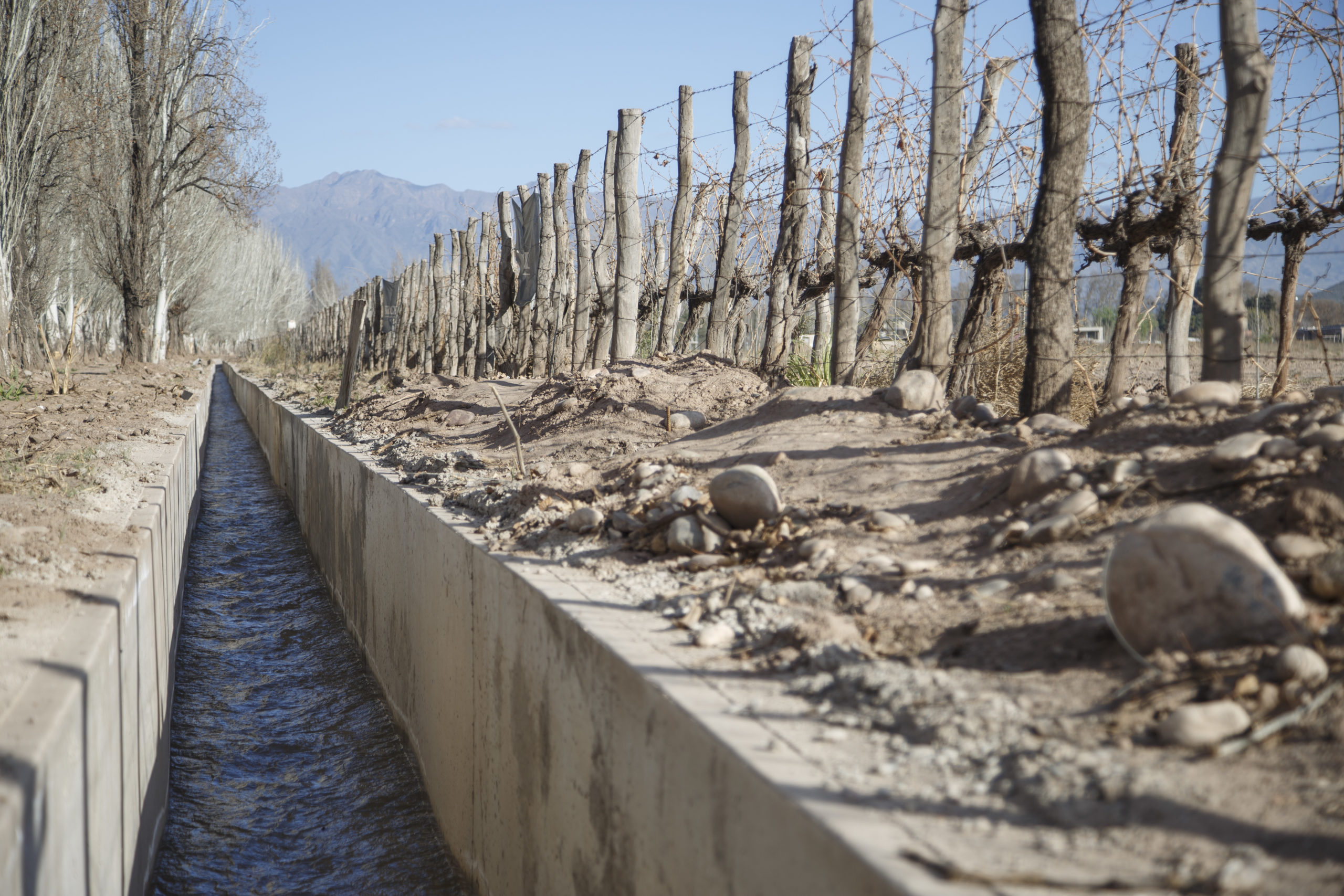How has climate change affected the region?
Climate change affects the entire planet almost without distinction, although some regions are more susceptible than others. I think that the most affected places, in terms that can be measured, are the coastal areas of the northern hemisphere. In areas like ours, in the Andean valleys, that is, high altitude areas with a rather dry climate with irrigation produced by channelling water from the Andes mountains, the rain contributes little because our irrigation is supplementary. We irrigate to replace the rain, not to complement it. Climate change here has an impact on climatic contingencies. Rain, wind, snowfalls, etc., become more and more violent and concentrated. So, in nominal terms the average rainfall for Mendoza has not changed, it is quite similar in the annual amount, but these rains occur in fewer and more violent storms and the water. That makes more difficult the managing of this resource. This causes a phenomenon in which the absorption capacity of the soil is much more limited than the water supply. Then the water cannot enter the soil and runs off on the surface, generating small avalanches or dragging material that destroys the structure of the fields, breaks roads and infrastructure, etc. A similar phenomenon occurs with hail. Perhaps the number of storms does not change, but they become more violent -generating great damage- with larger hailstones accompanied by more violent winds. The effects of climate change here condition the ways of cultivating crops, causing specialists to constantly evaluate new variables to improve production processes.
Mendoza is a desert turned into an oasis. How does climate change impact on water resource management?
The tendency is for the water supply to be less because there is less accumulation of snow in the mountains, which generates less water in the rivers, dams and canals with which we carry water to the cultivation areas. All this has forced us to seriously consider how to manage water because conventional ways are now insufficient. Today our focus is on the generation of strategic plans to manage all the water in the province in an effective way with the necessary technology for the subsistence of our agricultural system. The way of irrigating has changed considerably and we have the materials and technology to do it in a much more comprehensive and efficient way.

What initiatives are being applied in the region to mitigate the effects of climate change?
Currently, there are several initiatives. In the first place, there are credits and various financing lines that facilitate access to irrigation technologies. There are lines that facilitate access to passive protection against hail, which is a kind of net to protect the vineyards that is manufactured in Mendoza. For new projects, there are design processes to implement them in areas with less risk of inclement weather.
Another interesting line of action is the genetic development of varieties resistant to cryptogamic diseases, which are fungi and algae that grow on the fruits and leaves affecting the crop health. In this sense, there are genetic designs of plants that have special hairiness on their leaves, more resistant cell walls and prevent fungi from growing on them without the need for chemical applications. Hard work is also being done on the design of varieties resistant to drought.
Weather conditions put pressure on the technological apparatus to develop new varieties and styles of wine. All this is within a framework of sustainability in environments under new conditions.

Do you know some establishments that are already applying these innovations?
Almost all the large wineries in Mendoza are taking measures to address climate change. Allow me to name a few such as Peñaflor, Chandon and Catena Zapata. There are also plant nurseries that are generating new clones resistant to stress events such as droughts, diseases, etc.
In Mendoza we work hard on prevention beginning by controlling irrigation and ventilation conditions. That means the way in which we manage the plant so that through design tools the vines are less predisposed to contracting diseases.

 LUIS COITA CIVIT, agronomist and oenologist, owner of the Diogenes Wines Family Project and wine consultant.
LUIS COITA CIVIT, agronomist and oenologist, owner of the Diogenes Wines Family Project and wine consultant.
In Argentina, he worked at Grupo Peñaflor in charge of R&D, responsible for vineyards at Cheval des Andes, winemaker and agronomist at Durigutti Winery, among other national projects.
Abroad, he worked at the Villa Maria Estate in New Zealand and at Chateau Cheval Blanc in Bordeaux, among other ventures.
luiscoitacivit@gmail.com
Photo Credits: Luis Coita Civit and Ministry of Culture and Tourism of Mendoza.
Interview by Mariana Alvarez, Ministry of Culture and Tourism of Mendoza
Learn more about Great Wine Capital Mendoza
